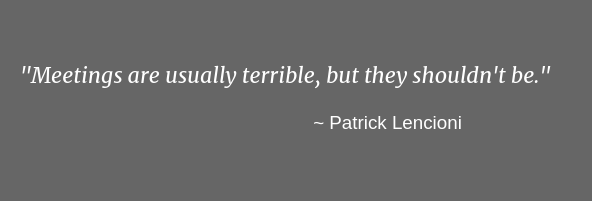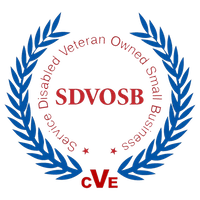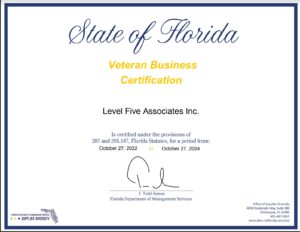
I don’t think I’ve ever been involved with an organization where some, if not all, of the leaders felt the meetings they held or attended could be much more productive. Most surveys indicate unnecessary and poorly conducted meetings are one of the biggest irritants in the workplace.
Even worse, we typically don’t hold the most important meeting at all – the 1:1 meeting. When I ask why, leaders usually respond by saying, “Well, I’m doing them in the hallway or out on the production floor, so I don’t need to schedule them on my calendar.”
There are a number of problems with this leadership approach. First, the agenda, if any, is purely transactional. We only discuss the status of an activity or project. Second, both parties involved in this “meeting” are usually not devoting their full attention to the conversation because there are distractors all around them. And third, we’re not growing leaders by demonstrating a genuine commitment to their personal and professional development. We might think we are fully invested in them, but in fact we are not behaving that way.
As servant leaders, we have an obligation to nurture potential Level Five leaders who will be more effective than we are. The 1:1 meeting is a tremendous opportunity to do just that.
Here’s how to establish the conditions for these pivotal meetings to come to life:
- Put 1:1 meetings with your peers and direct report on your calendars. Don’t let them get canceled easily – and if it happens, make sure they are immediately rescheduled. I recommend bi-weekly sessions as a minimum.
- Develop a specific agenda of topics to cover during each 1:1. Some of the “must address” topics should be addressing personal and professional goals and objectives, establishing and following a Personal Action Plan, and identifying specific challenges.
- Use a question architecture to guide the conversation. The best leaders are genuinely curious. Use key questions to model that curiosity, such as: “What’s the most important resource I can provide you to meet your goals?” And, “How do you establish and maintain focus on your priorities?”
- Take Notes. This practice has several benefits, including keeping a record of discussions for subsequent 1:1s, demonstrating you are focused on the conversation, and having a basis for asking the other person to clarify certain points or using the backbrief for confirmation of what you heard.
Start making your most important meeting happen. You’ll be pleasantly surprised at the results in the growth of leaders on your team who really feel valued, and will one day become better than you.
Enjoy the journey!





